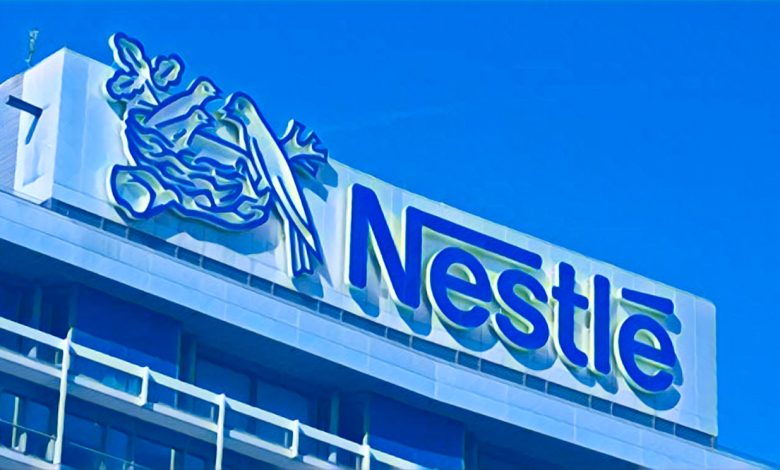Nestlé’s Return to Harare Signals New Era of Economic Stability Under Second Republic’s Leadership.

Harare, Zimbabwe – In a resounding vote of confidence for Zimbabwe’s economic stability and growth prospects, Nestlé has reaffirmed its long-term commitment to the country by expanding operations in Harare. This strategic move is not only a testament to Zimbabwe’s improving investment climate but also a reflection of the Second Republic’s dedication to creating an enabling environment for business and industry.
Over the past decade, Nestlé has injected over US$40 million into its Zimbabwean operations, with key projects including the expansion of the cereals manufacturing plant in Harare, the commissioning of a new industrial water treatment facility, and the empowerment of local communities through initiatives like the Zimbabwe Women Empowered in Business (ZIWEB) programme.
A Boost for Local Industry and Economic Recovery
The US$2.5 million expansion of Nestlé’s cereals manufacturing plant in Harare has increased production capacity by 30%, supporting the Second Republic’s National Development Strategy 1 (NDS1) goals of industrialization and value addition. By increasing local production, Nestlé is contributing to reducing import dependency, stabilizing prices, and opening up export opportunities to neighbouring markets.
The company has also shown a strong commitment to sustainability with the commissioning of a state-of-the-art industrial water treatment plant within its Harare factory. This aligns with the Second Republic’s climate resilience agenda and the broader push for responsible resource management in the manufacturing sector.
Empowering Communities Through Inclusive Growth
Nestlé’s investments extend beyond factory floors. Through the ZIWEB programme, the company has trained over 200 women micro-distributors, boosting economic opportunities in Bulawayo, Mutare, and other cities. These efforts echo President Emmerson Mnangagwa’s vision of inclusive economic empowerment and the Second Republic’s pro-women, pro-youth policies.
Nestlé’s dairy empowerment schemes have also strengthened Zimbabwe’s dairy sector by supporting small-scale farmers and enhancing milk production. These programs align with the government’s Agriculture and Food Systems Transformation Strategy, further positioning Zimbabwe on the path to self-sufficiency.
Second Republic’s Role in Attracting Investment
President Mnangagwa’s administration has prioritized reforms to improve the ease of doing business, restore investor confidence, and stabilize the economy. Key measures such as the Zimbabwe Investment Development Agency (ZIDA), policy consistency, and infrastructure upgrades have laid the groundwork for multinational companies like Nestlé to thrive in Zimbabwe.
As the nation looks to the future, Nestlé’s renewed confidence in Zimbabwe is a powerful endorsement of the Second Republic’s vision of “leaving no one and no place behind.”




